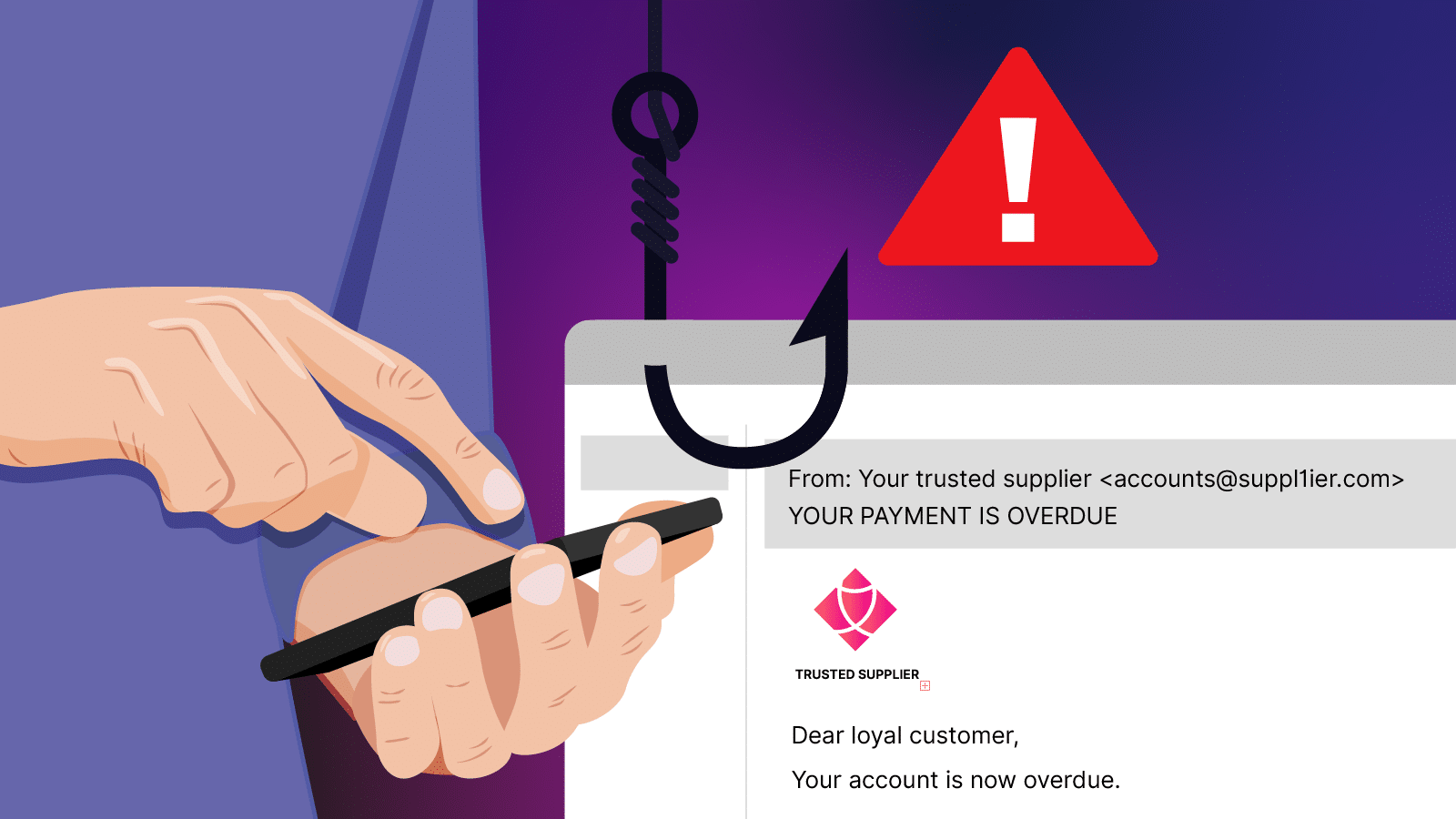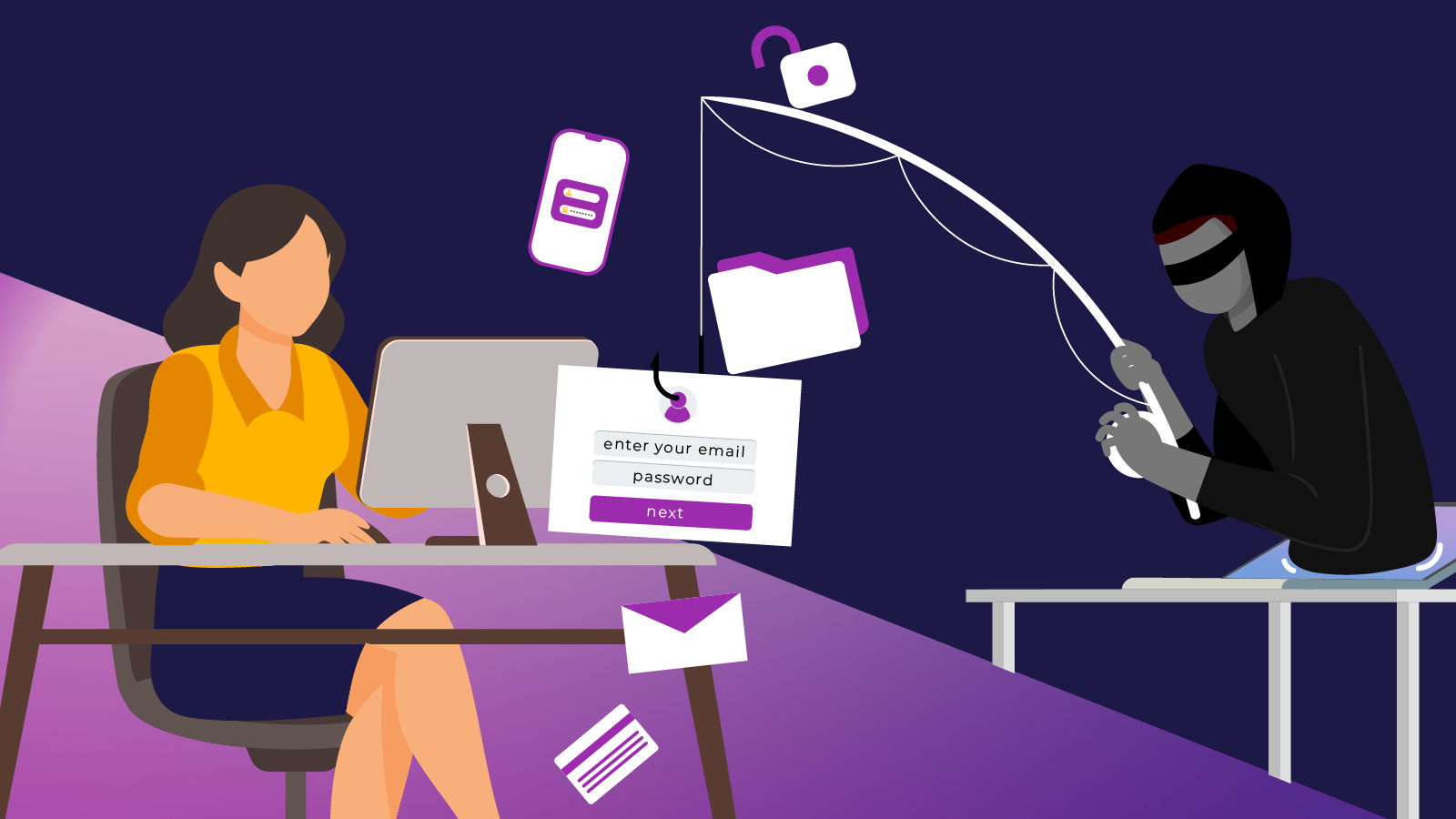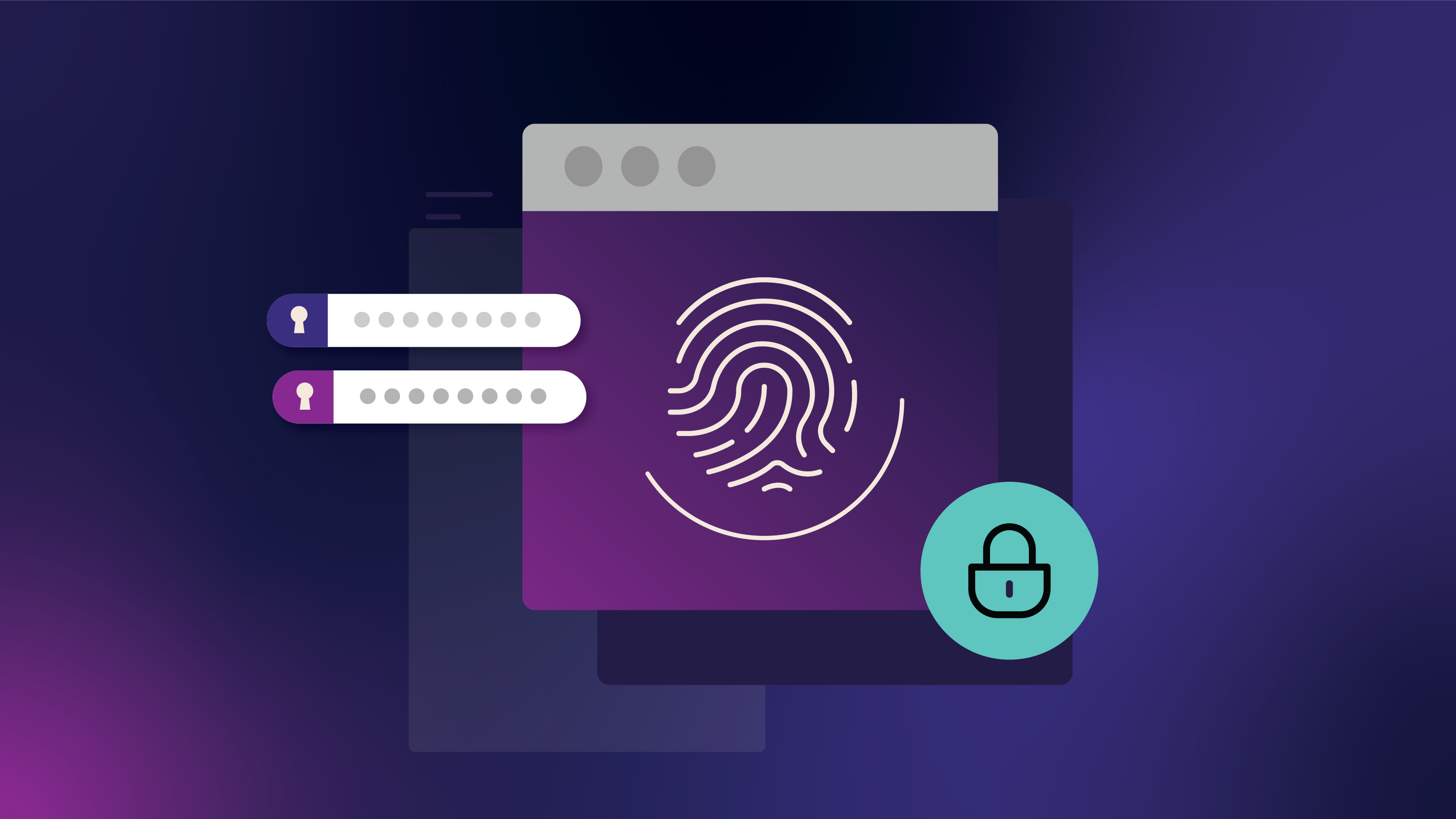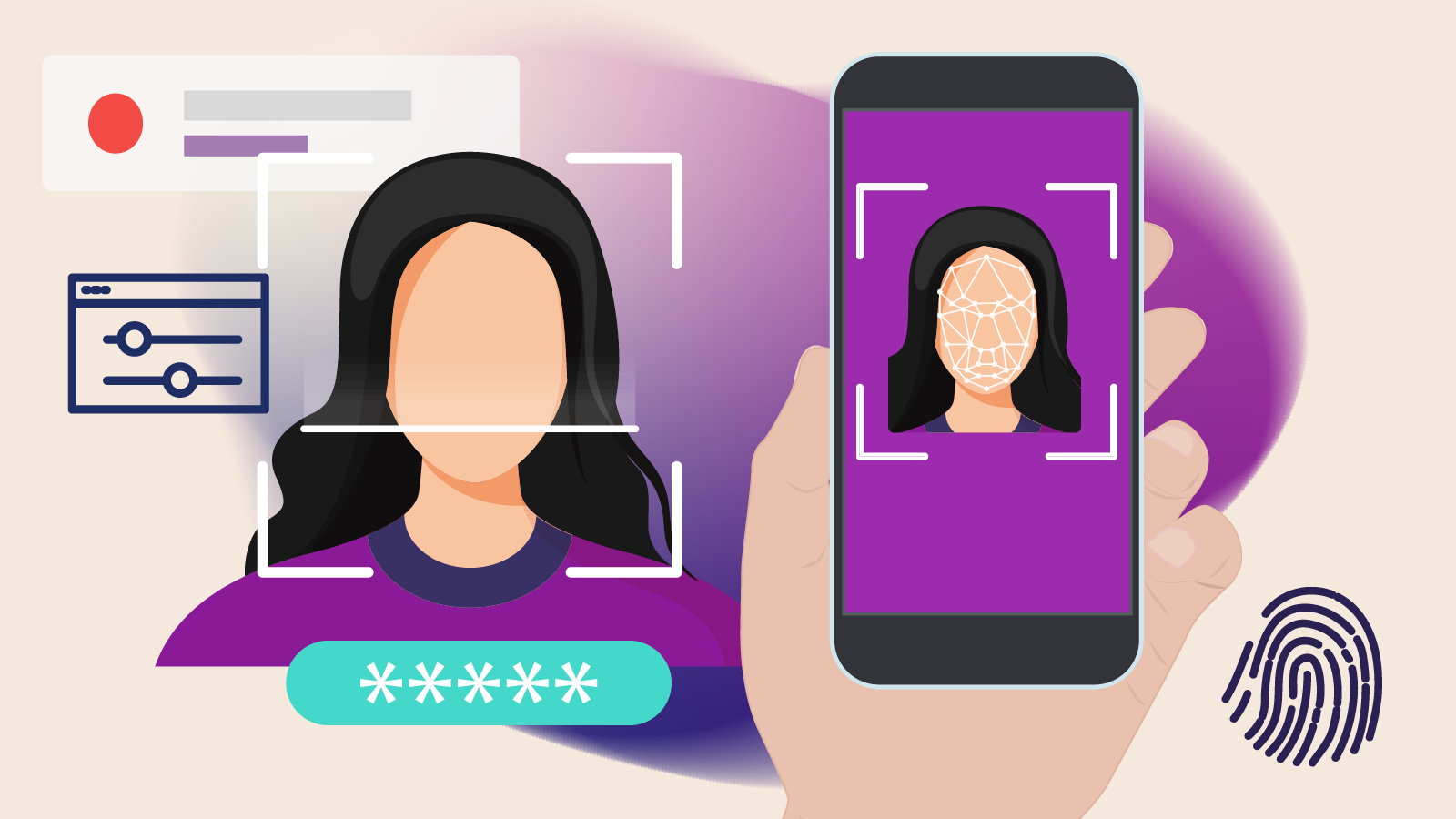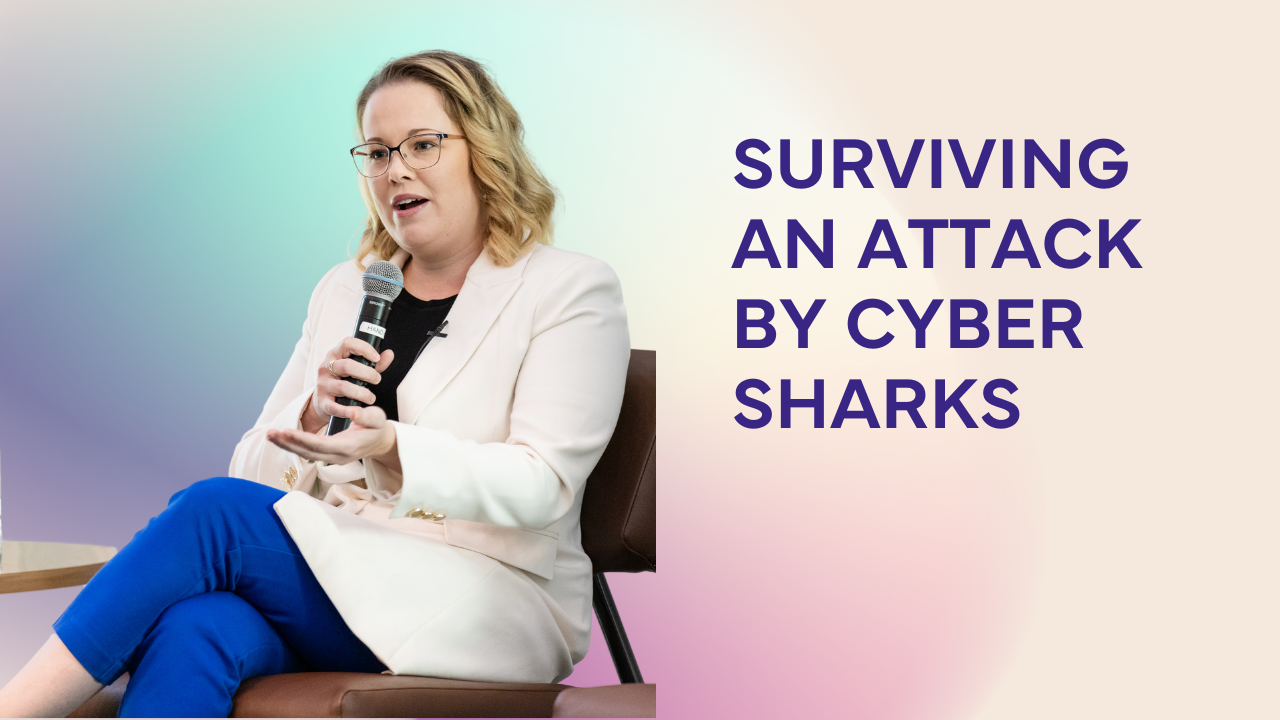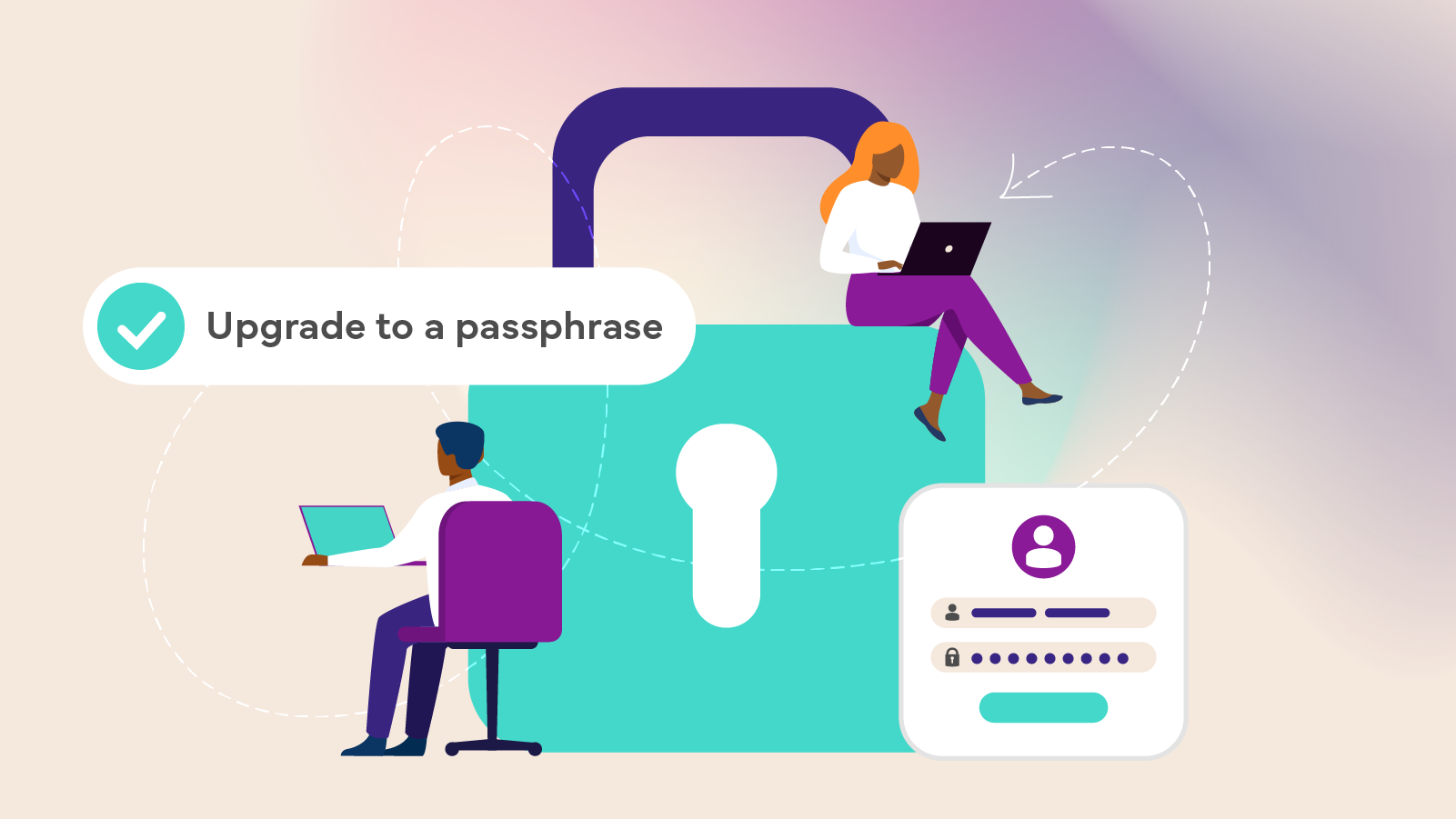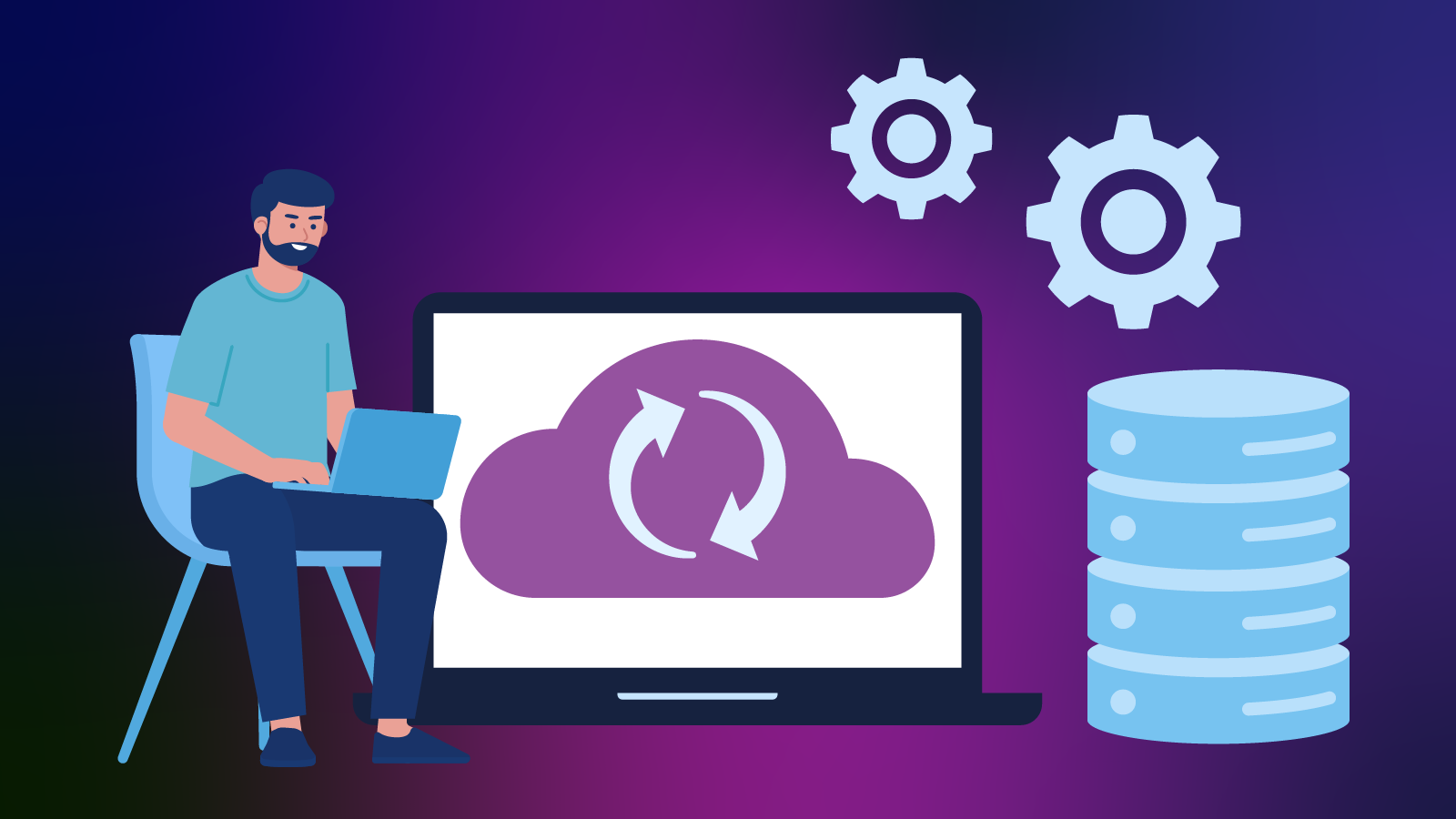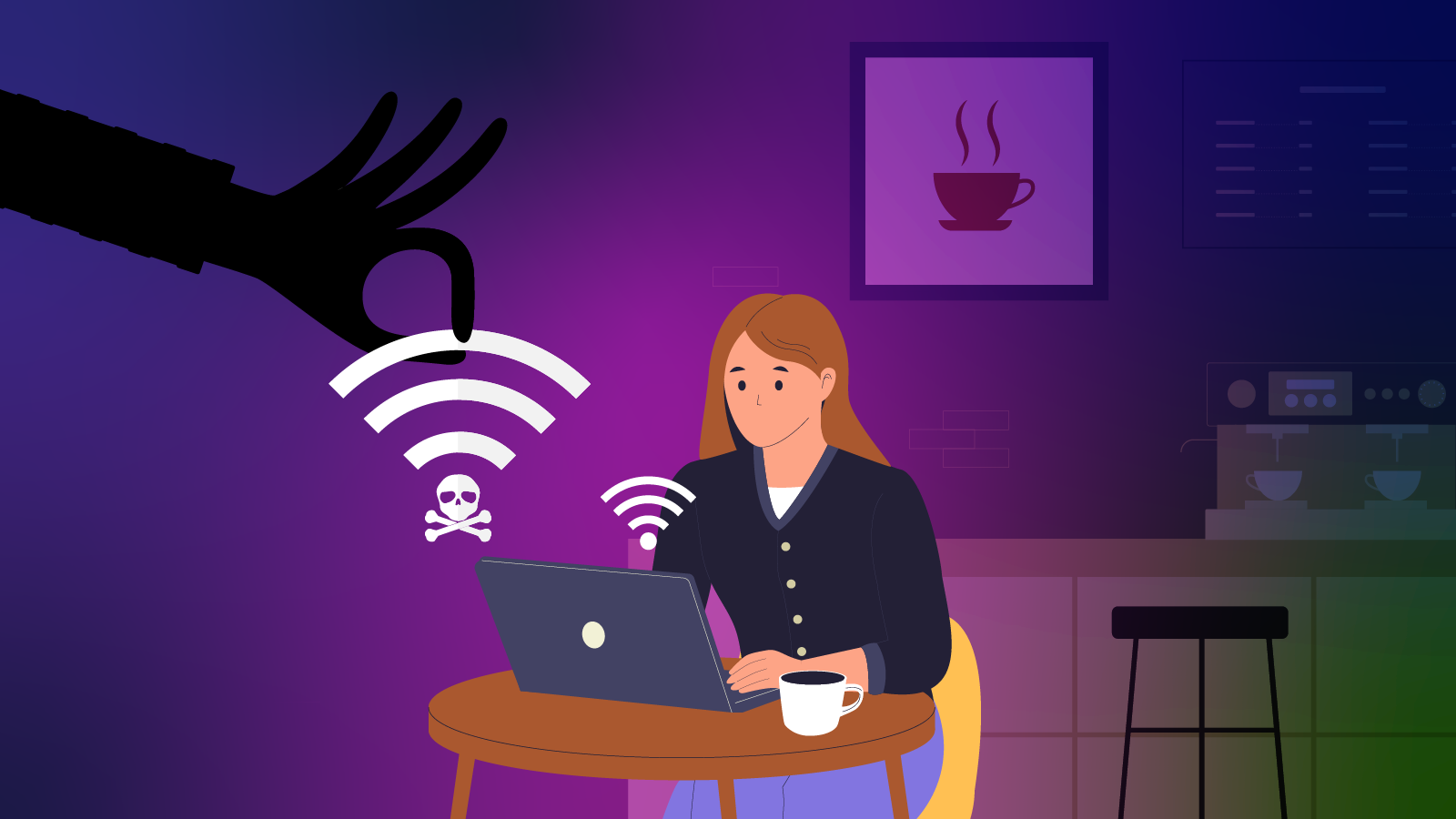Remote work has become the new normal for many Australian small businesses. Whether your team is working from home, a local café, or somewhere between meetings, flexibility is great for productivity and keeping teams happy—but it also opens the door to new cyber security risks. Keeping your business cyber-safe on the go is possible, but there are a few things you need to consider and put in place.
How remote work creates extra cyber risks
When employees are spread across different locations, your business data travels with them. Gone are the days when your sensitive information was safely tucked behind office firewalls. Now, it’s being accessed over home wifi networks, public hotspots, and personal devices. This opens up opportunities for hackers to sneak in through unsecured connections or compromised devices.
Take public wifi, for example. Hackers can easily set up fake networks in cafés or airports, luring in unsuspecting users and capturing their data. Even something as simple as someone glancing over a shoulder while you’re working at your local café can expose confidential information.
What are cyber security best practices for remote work?
Don’t worry, you don’t have to implement a back-to-the-office order for your staff. Here’s how to keep your remote team working safely:
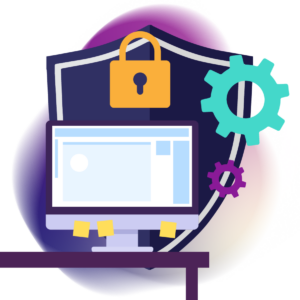
Always use secure wifi:
Encourage employees to avoid public wifi or use a trusted Virtual Private Network (VPN) when working remotely.
Strong passwords and multi-factor authentication (MFA):
Always, always use complex passwords and enable MFA. It’s like double-locking the front door and adding an alarm system.
Keep devices updated:
Ensure all software and security patches are up-to-date on all devices accessing any business data.
Lock screens when away:
Remind everyone in your team to lock their devices if they step away, even at home or in a co-working space.
Be mindful of surroundings:
A casual coffee shop chat about client projects or an open laptop in a crowded space can inadvertently leak sensitive details.
Bring Your Own Device (BYOD) policies:
If staff are using their own laptops, tablets, or phones, set clear policies to make sure their devices meet your business’s security standards. This includes antivirus software, automatic updates, and screen locks.
Secure file sharing and cloud storage:
Avoid sending sensitive documents over email or unsecured channels. Use encrypted file-sharing services or trusted cloud storage platforms with robust access controls to keep your data safe in transit and at rest.
How to stay cyber safe wherever you work
Remote work doesn’t have to mean remote security. With the right practices in place, you and your team can work from anywhere without opening the door to cyber threats.
For even more tips and practical tools to keep your business cyber safe, wherever you are, enrol in the free Cyber Wardens training program.




